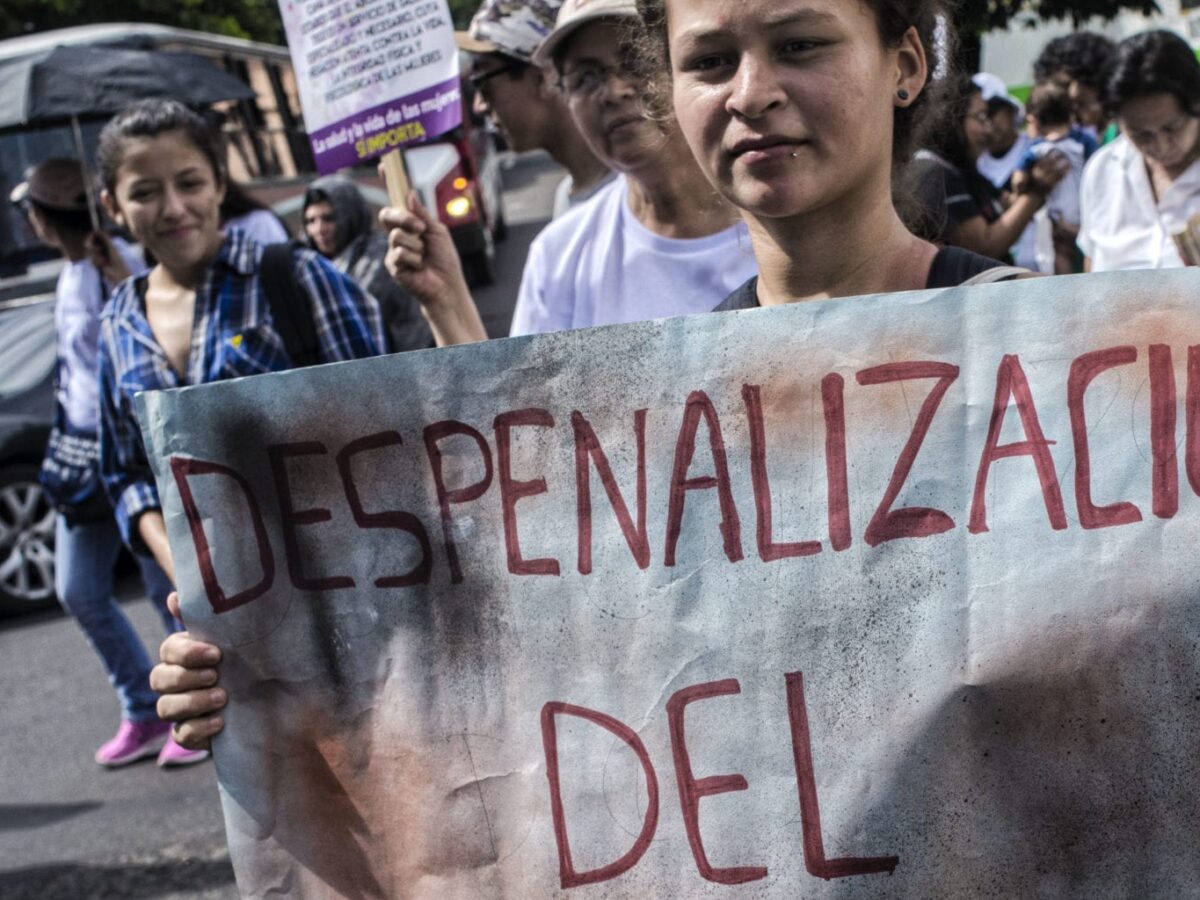In a report of the United Nations titled as “Global Humanitarian Overview 2023”, it is reported that the region of Latin America and the Caribbean would have 29.2 million people in need by 2023. Critical humanitarian assistance is now needed by one million more individuals in Northern Central America than the previous year. There are 300,000 more people in need in Haiti than there was in 2022. In 2023, it is expected that several vulnerabilities, interconnected protection risks, and humanitarian needs will persist and perhaps even get worse. Food insecurity, recurrent natural catastrophes exacerbated by climate change, internal and external migration, and persistent conflict will continue to exacerbate demands for food access, nutrition, safety, water, sanitation and hygiene (WASH) and health. According to UNICEF, 16.5 million children in Latin America and the Caribbean will need humanitarian assistance in 2023 amid rising migration flows, violence, and climate risks. As a result, UNICEF is attempting to raise US$723 million to provide vital aid to children and families throughout the region.

Additionally, the region is also experiencing economic woes, Latin America is seeing worse annual growth rate since 1980s. According to Jose Manuel Salazar-Xirinachs, the new head of the UN Economic Commission on Latin America and the Caribbean (ECLAC) “the stagnation of the last ten years contrasts not only with the 5.9% annual growth of the 1970s but also with the 2% achieved in the 1980s, a turbulent decade for Latin America marked by a wave of debt crises.” He also added “weak investment, low productivity and inadequate education have condemned Latin America to a period of economic failure even worse than the “lost decade” of the 1980s.” In order to deal with the issue and increase the productivity of Latin America which is flattening since the 1970s, Salazar-Xirinachs said “In the past, regional integration was seen as an alternative to insertion in the world economy, now it is clear that it is more complementary. For Latin America to successfully become part of global value chains, it needs regional chains of production.”
The region is in the state of complex humanitarian issues, it is crucial to realize the urgency of the situation and therefore strengthen the international cooperation and coordination among all the stakeholders as well as implement strong frameworks and policies to meet the humanitarian needs.

Research Associate, Pakistan House



